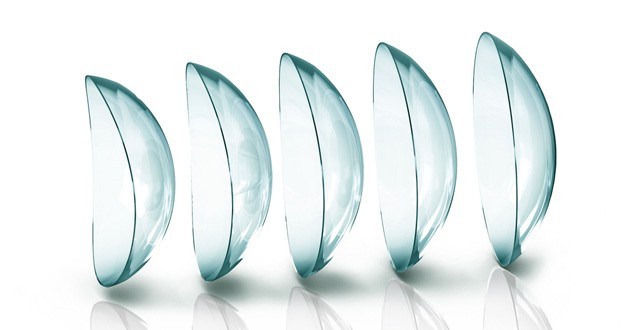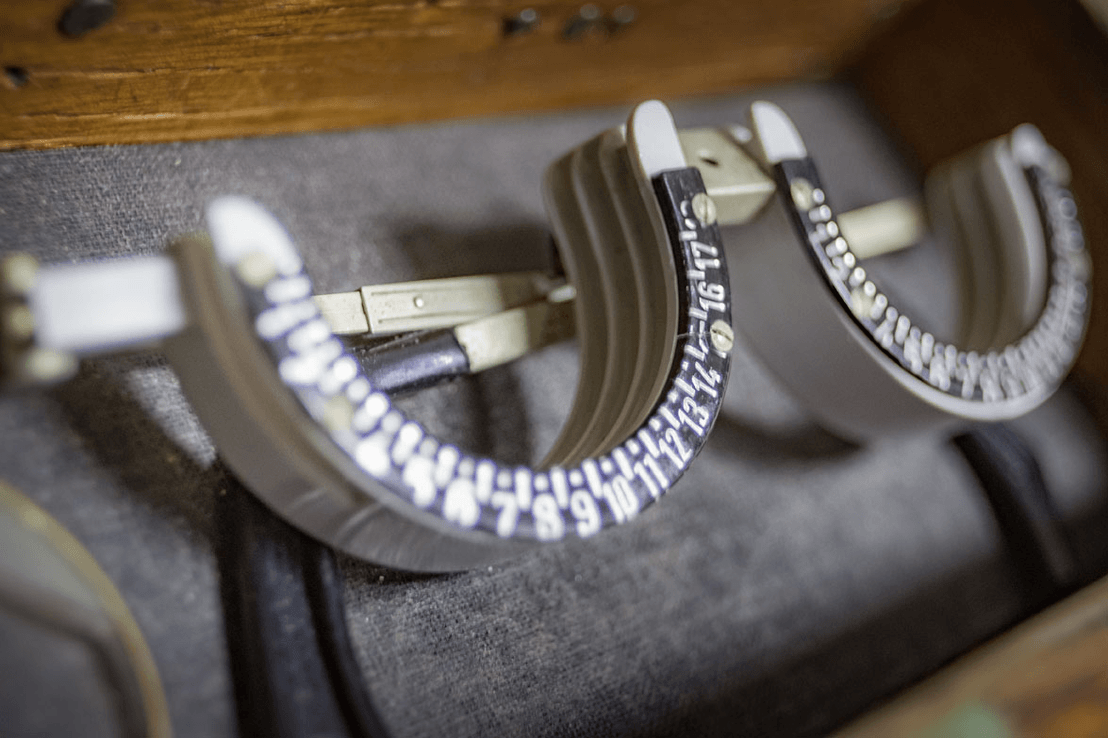
The Department of Optometry of the ICR is in charge of measuring the refractive state of the patient (myopia, hyperopia, astigmatism and presbyopia) and the visual ability, as well as prescribing the appropriate optical correction, glasses or contact lenses. It is also responsible for the detection and treatment of binocular vision disorders.
The low vision unit offers care to patients whose visual acuity is below what is necessary to lead a normal life. Low vision is considered when the visual acuity is between 0.3 and 0.05, or when the field of vision is less than 20 degrees in the best eye, and does not improve with the use of conventional glasses or contact lenses, nor with medical treatment or surgery. The purpose of this unit is to optimize the remaining visual capacity of the patient and to maximize his vision besides the treatment of his ocular problem, if there is one.
In the ICR Low Vision Unit we offer the optical and non-optical aid necessary to enhance the vision of these patients and help them to carry out their daily activities. In that sense, we have at your disposal different types of conventional glasses and magnifiers, prismatic devices and other equipment aimed to improve the patient’s vision.
Some pathologies that may be related to low vision are:
The Contactology Unit treats patients with any visual defect who want to correct their visual deficit with some type of contact lens. The team of optometrists of the Contactology Unit of the ICR adapts all types of contact lenses (soft, rigid permeable to gas) for healthy eyes that seek to correct their refractive defect, and for pathological eyes for which the adaptation of a lens contact can be beneficial.
Lenses are adapted for, among others:
Refractive errors
Pathologies
We are also specialists in orthokeratology, a treatment in which special contact lenses are used to mold the cornea at night while the patient sleeps, so the next day, the patient can see properly without any optical correction during all day.
In addition, we adapt most modern contact lenses, and provide personalized advice with a detailed study of the shape, size and specific characteristics of each eye, so that the lens adjusts perfectly to the patient, both adult and child.

This unit is responsible for the study and treatment of alterations in binocular vision caused by defects in the ocular musculature or defective visual habits.
Orthoptic is in charge of improving the strengthening of the muscles of the eye, treating the binocular vision alterations caused by the anomalies in the ocular muscles and their deviations. In this way, the ability to relax and stimulate the accommodative system (visual approach to objects) is fostered and the movements of the eyes and problems are improved by focusing with both eyes.
In the case of strabismus, we evaluate the deviation in the different gaze positions, the density of the suppression, the presence or absence of stereoscopic vision, the fusional vergence amplitude and the retinal correspondence, to determine the appropriate treatment for each patient, whether by using prisms that help avoid double vision, or by surgical treatment.
Pleoptic is responsible for sensory stimulation and the optimization of visual perception through the use of light stimulation and stimulation of the retinal cells that capture light. It is used to treat and improve low vision when there are no structural diseases, as in the case of the amblyopia or lazy eye.
There are problems and eye symptoms that are not resolved by optical correction systems such as glasses or contact lenses and that do not correspond to any specific ocular pathology. This type of problems that affect the function of the visual system can cause difficulties in learning, reading and writing due to the lack of a correct development of visual abilities.
Visual therapy is based on performing eye exercises to reeducate and rehabilitate the visual system. The aim of the therapy is to enhance and improve damaged visual skills make them to their normal condition.
In ICR we offer visual therapy through personalized exercises that the patient must perform at home, combined with sessions carried out in consultation in which latest techniques and instruments will be used.
Visual therapy can help both adults and children in cases of dysfunction of binocular vision that, in the case of the latter, can lead to poor school performance or learning problems.
In ICR we perform the ophthalmological tests necessary for the diagnosis and monitoring of different eye pathologies and the entire visual system. We offer the most advanced diagnostic equipment and the most modern technology.
ICR optometrists have a broad training in diagnostic tests and are responsible for carrying them out.

Contact us or request an appointment with our medical team.